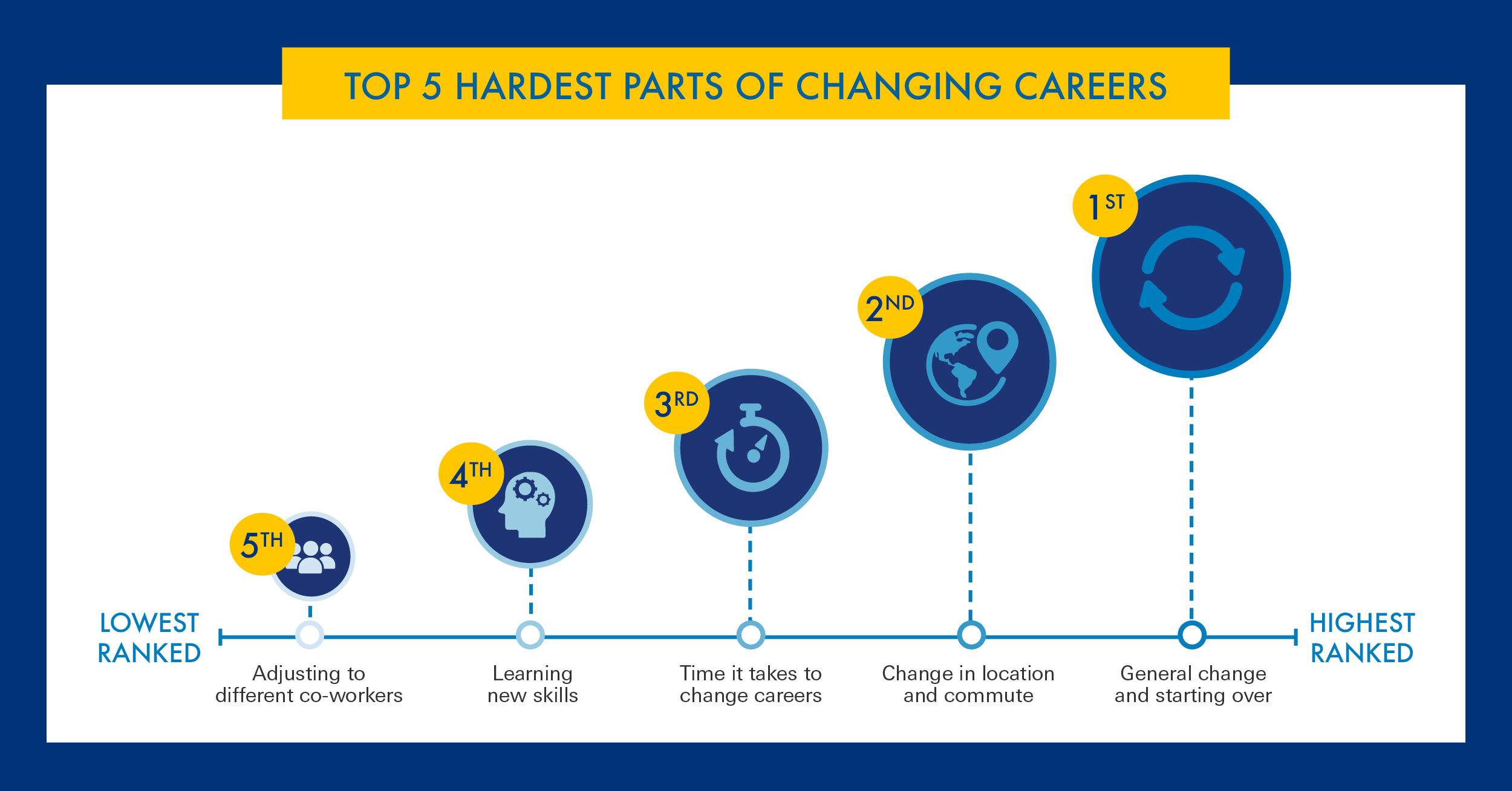
There are some things you can do after being fired from your job. One way to do so is to accept your employer's decision and rebuild your career. Be aware that your employer's decision is likely more about the company than it is you. It may be worthwhile to consider your perspective.
Reframe your experience
You should first acknowledge that you were hurt and then try to understand the viewpoint of your employer when you are fired. It's likely that your firing was not the result of performance issues. Instead, it was a business decision. Although it can be disappointing to lose your job, you need to take stock of your strengths and limitations.
In addition to facing your situation head-on, it's important to take positive steps to avoid a similar occurrence in the future. When you feel more confident about yourself, it's time to start planning your next steps. List your strengths and put your focus on them. You might even be inspired to pursue a hobby or discover a passion.
A learning opportunity
You can learn from the experience of being fired from your job. Ask yourself some questions about your job termination and make improvements in the areas you are most affected. If you're applying for a job in a new field, be sure to let your new employer know about your strengths and weaknesses. You can even set up a LinkedIn profile and portfolio website. If you were a creator, it is worth updating your portfolio. Display your writing skills and graphic design abilities. You can also show off your website or computer program.

To create learning opportunities after being fired, you need to first look at your career path. While the reasons for your firing may be unique to your supervisor, you may have worked in a position that wasn't right for you. In such cases, you might be interested in a career that is similar to customer service or something else that matches what you are good at.
Accepting responsibility
It is important to accept responsibility for the mistakes you made after being fired. This will help you get over the disappointment of losing your job. It is important to admit your failures and mistakes, and to show that you have learned from them. You should not sound insensitive or unwilling take responsibility. Instead, tell the truth and offer solutions.
Self-reflection can be beneficial for anyone, but it's especially important after being fired. It is important to examine why you were fired as well as your strengths and limitations. Ask yourself what would have happened differently and how you could make things more efficient.
Giving yourself space to grieve
You can heal and move forward by allowing yourself to grieve the loss of a job. It is hard to lose a work job. There are many emotions that you can experience including anger, shock, denial, anger and depression. You may feel like you have no control over your life, and you may even feel out of control.
You can take time to grieve when you are let go of a job. Try to think about the positive aspects of your time at the job, and take a look at what you've learned in the process. And most importantly, be gentle with yourself! This will help to get through any crisis.

Management of your anxiety
Although managing your anxiety following a firing is difficult, there are methods. It is important to control your emotions and keep your mind focused on the facts for your well-being. Talking to a therapist could be very beneficial. Talking with someone can help you feel more calm and logical.
Anxiety can result in erratic behavior or sleeplessness, loss appetite, panic attacks, and even insomnia. Panicky feelings may prevent you making good decisions that will get you back on your feet. Panicky feelings can make it difficult to see the big picture and prevent you from taking advantage of important opportunities. You can avoid these negative consequences by creating a routine that helps you manage your anxiety when you are fired.